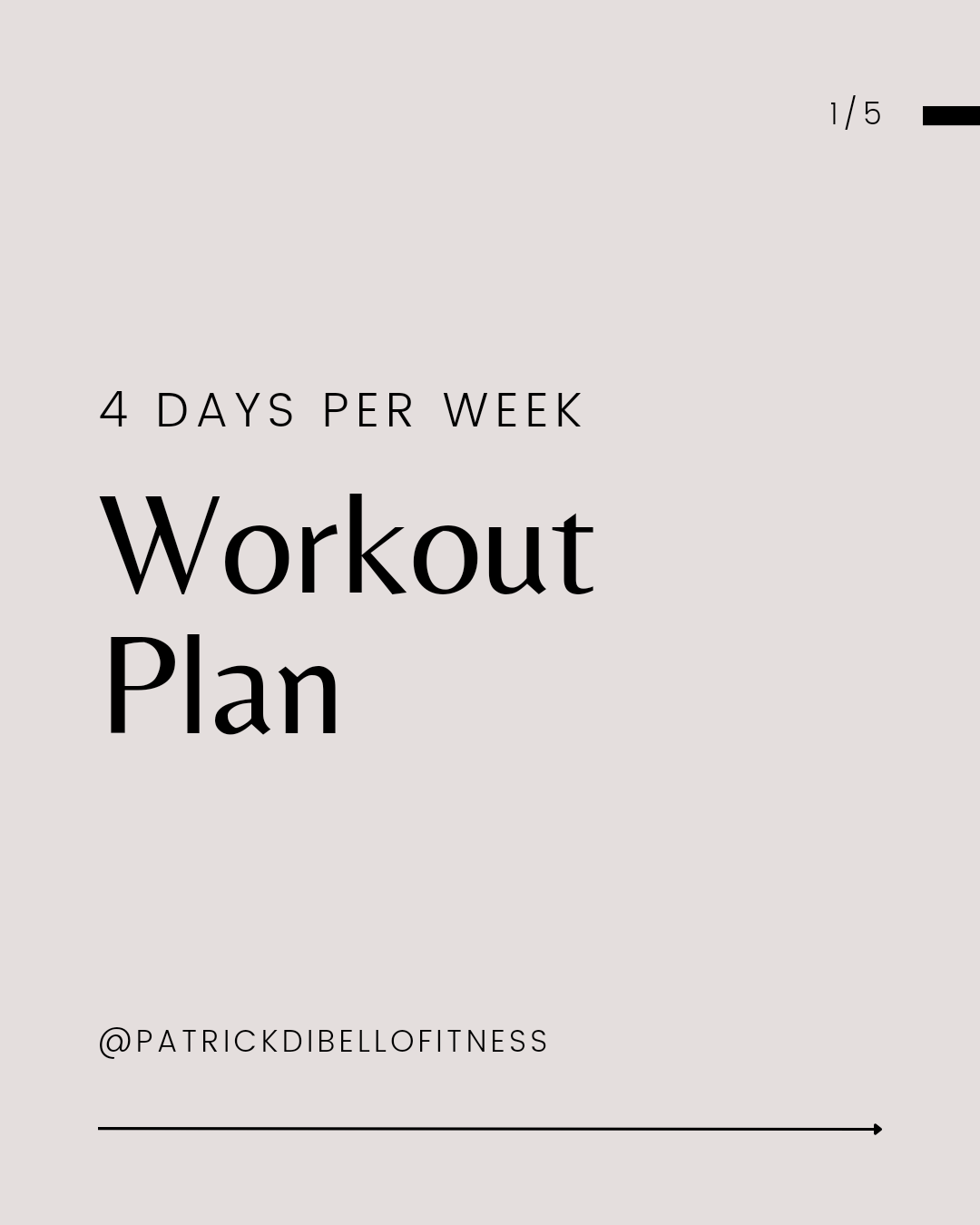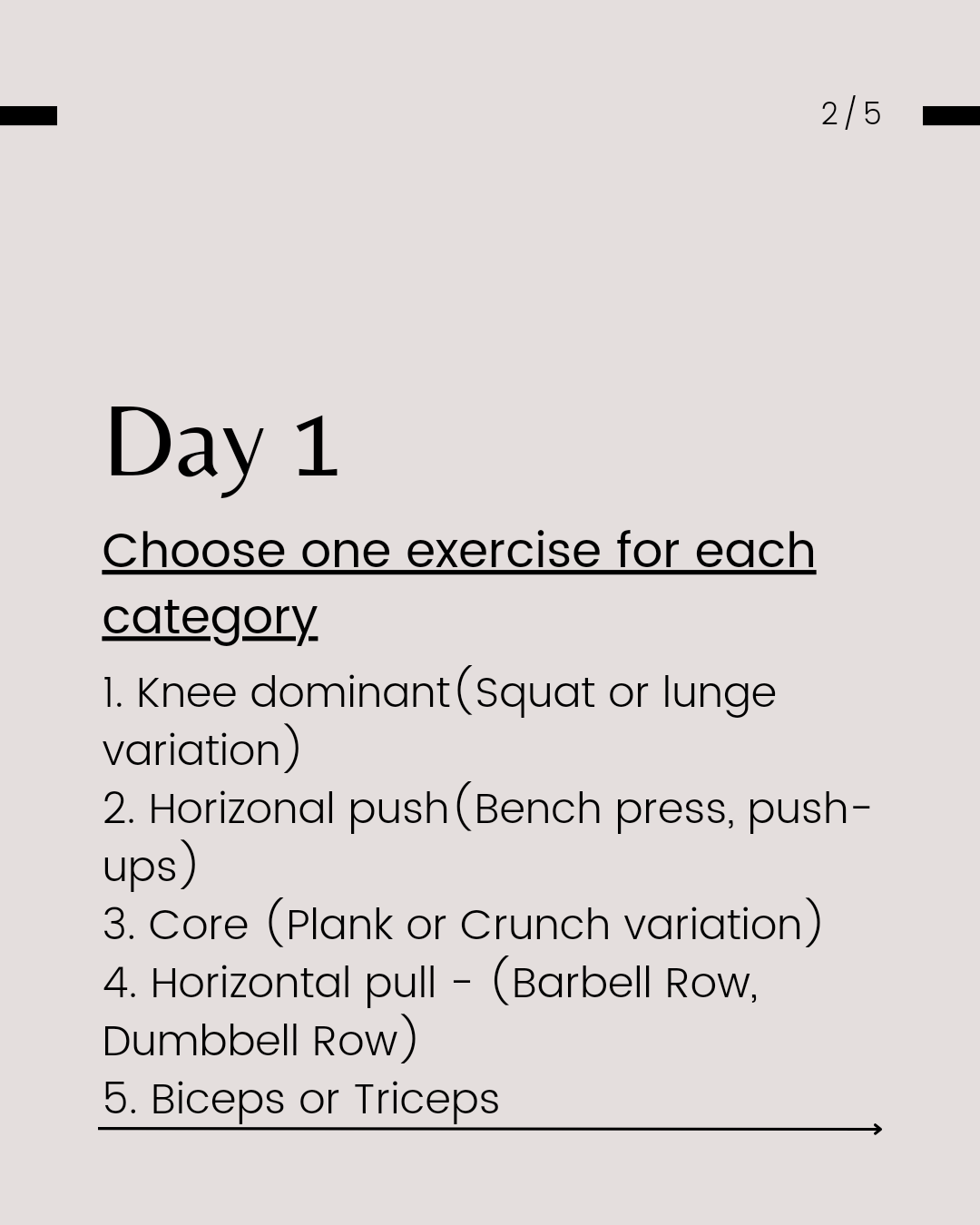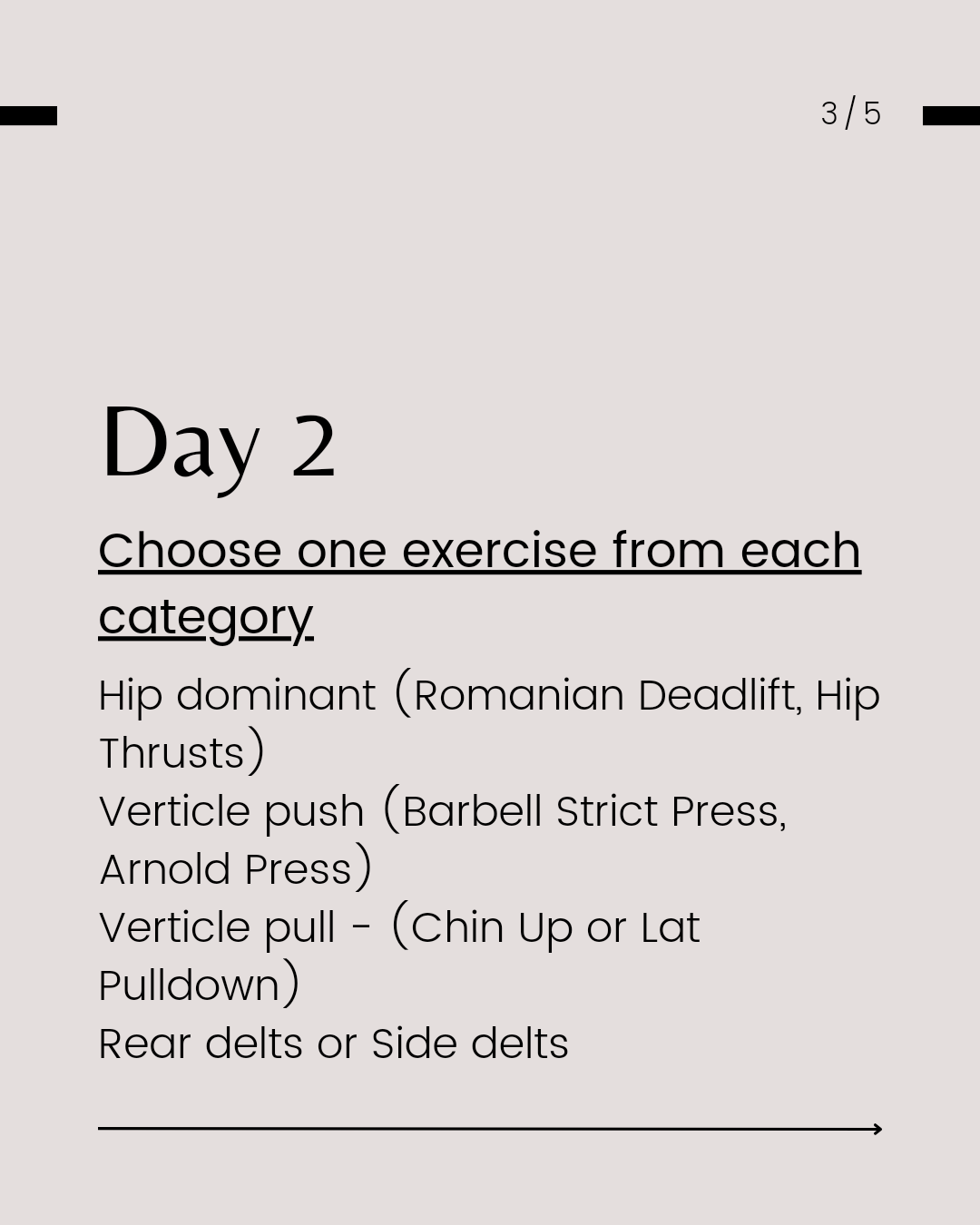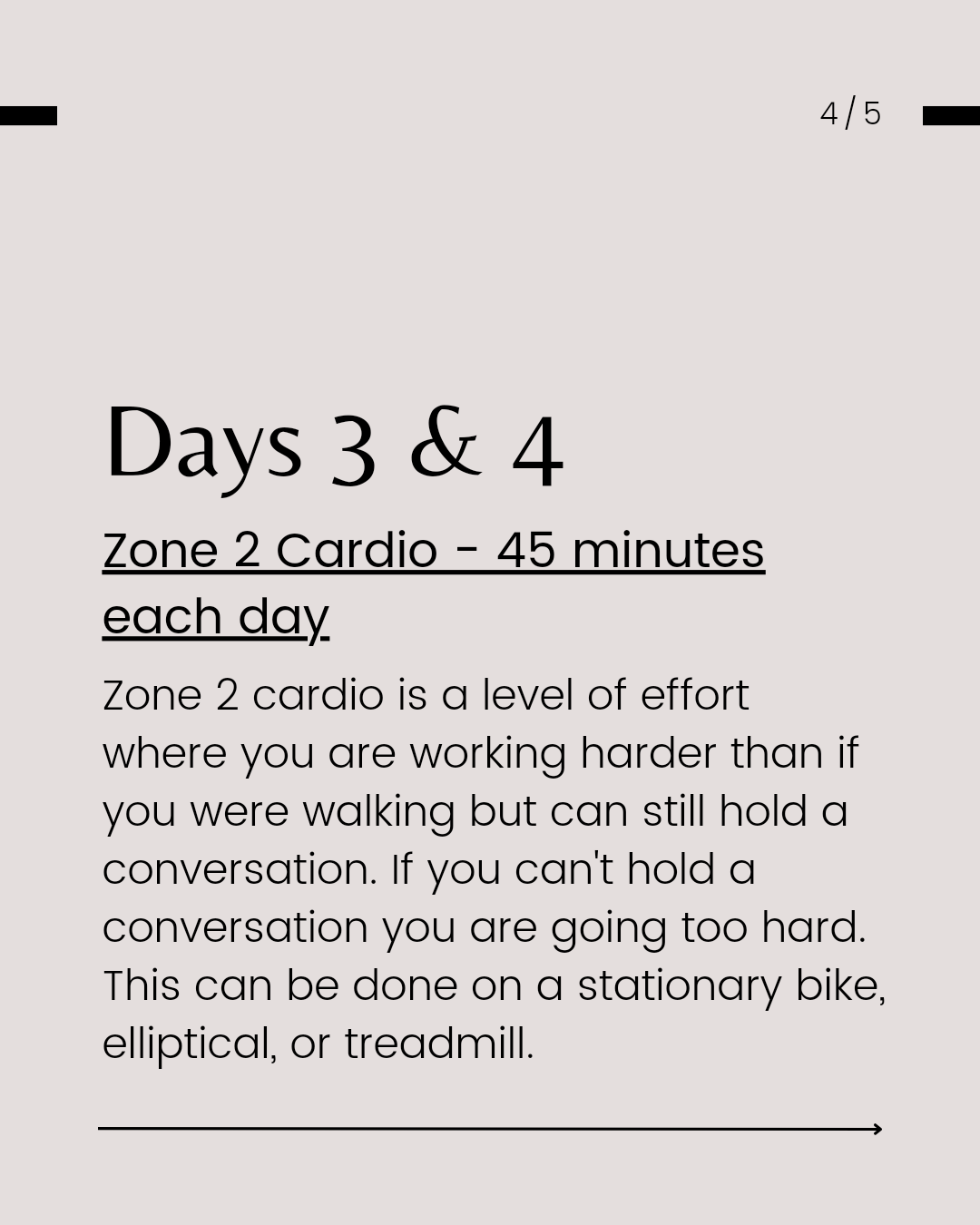How To Burn Fat And Build Strength
Strength and nutrition are the main focus of my online coaching program. This article is a comprehensive look at both, specifically for losing fat and building muscle that will give you strength and a toned body. You will learn the science behind burning fat, and getting super strong. By the end of this article you will know how to eat to burn body fat and work out to replace that body fat with muscle. Giving you the health and body you’ve always wanted.
Metabolism
Your metabolism is the process that your body uses to change food and drink into energy. In other words, it is the internal process that your body uses to expend energy and burn calories.
It is working 24/7 to keep your body moving, even while you are resting or sleeping. It converts the food and liquids that you consume into the energy that your body needs to survive. Everything from breathing, blood circulation, growth and repair of cells, and anything else you do is driven by your metabolism.
Your basal metabolic rate is the minimum amount of calories that your body needs to survive. This is the number of calories that you would need to survive if you were to sleep all day every day.
Since we all do more than just sleep all day, your body is going to need more than that to function when you add in other movements and activities. This is going to make up your resting metabolic rate.
Your resting metabolic rate is the number you want to focus on if you want to calculate your metabolic rate. This is your BMR plus any other movements you do, including scrolling through your phone, fidgeting, cooking, eating, and more.
If you add your activity level to your resting metabolic rate you then have your maintenance calories. Which is the amount of calories you would need to eat in order to maintain your current body weight.
If you eat more than that you will gain weight, if you eat less than that you will lose weight.
There are uncontrollable factors that influence your metabolic rate. Such as genetics, gender, age, and medical conditions. But there are some ways that you can influence your metabolism to burn more calories throughout the day.
Below are the three components of your metabolic rate that are in your control.
You can use all three of these to your advantage when you are trying to lose weight. This is the only way that you can possibly “hack” your metabolism. And I say that loosely.
Fasting, juice cleanses, or eating six meals a day does not boost your metabolism. But TEA, NEAT, and TEF do.
Thermic effect of activity (TEA): This is how many calories your body burns from planned exercise. (This could be cardio, calisthenics, yoga, weight training, or any sports that you may play).
I don’t want you to look at exercise as a way to burn calories but the truth is it is a way to burn calories. I truly believe the benefits of exercise are far greater than calorie-burning but I won’t deny that it’s a good way to burn calories.
Just don’t look at exercise as a punishment for what you ate.
Not only will you burn calories in the moments of exercise, but if you are strength training, you will increase calories burned when you put on muscle.
Having more muscle on your body than fat will result in more calories burned throughout the day. 1 pound of fat will burn 3 calories per day, and 1 pound of muscle will burn 6 calories per day.
It’s not a huge difference, but it is something. If you put on 10 pounds of muscle over the next year, your metabolic rate would increase by about 60 calories.
Non-exercise activity thermogenesis (NEAT): This is how many calories your body burns from all movements that are not planned exercise. (This can be doing the dishes, yard work, walking the dog, and even fidgeting or foot tapping).
We all know that one person who seems to be able to eat whatever they want and not gain weight. Maybe it’s your brother the contractor, or your sister-in-law the nurse. Everyone thinks they have this super fast metabolism and maybe they do, but it’s not inherently genetics. People who are super active outside of the gym, whether it be from work or running around with kids all day usually burn more calories than the sedentary person.
Contractors easily take 15,000 steps a day and they are constantly carrying heavy objects, using tools, and climbing ladders.
Nurses also take a ton of steps every day and they are constantly doing paperwork, moving people in their hospital beds and pushing people in wheelchairs.
Thermic effect of food (TEF): This is how many calories your body burns from digesting food.
This refers to the energy it takes for your body to digest, absorb, and metabolize the food you eat.
Protein has the highest thermic effect of food out of all macronutrients. That means that your body will burn more calories processing protein than it will carbohydrates and fats.
Eating a high protein diet can help you burn a few extra calories per day which
Nutrition
How to Burn Fat - The Calorie Deficit
In order to burn fat you must be in a calorie deficit. When you maintain a calorie deficit from day to day you will lose weight.
Even a small calorie deficit will give you results so you don’t want to be in a massive deficit. Do not starve yourself just to lose weight.
Here’s the science. If you eat in a 500 calorie deficit every single day then on average you will lose 1lb per week. That’s 4 lbs a month and 48 lbs in one year!
I recommend being anywhere between a 200-500 calorie deficit per day and I strongly encourage you to stay away from diets that require a calorie deficit of more than 500 calories, unless directed by your physician.
The reason that all diets work is a calorie deficit.
Keto puts you in a calorie deficit by cutting out an entire macronutrient(carbohydrates).
Carnivore puts you in a calorie deficit by removing an entire macronutrient(carbohydrates).
Intermittent fasting puts you in a calorie deficit by restricting your eating time which at the very least, removes an entire meal.
You will lose weight on each of these diets. But they aren’t a sustainable approach because the deficit is so large. As soon as you come off the diet and start eating regularly you will be in such a surplus that you gain a bunch of weight back. That’s when people say “What’s the point?” and keep eating whatever they want and end up erasing all of the progress they just made.
That’s why so many people yo-yo diet to no fault of their own. They go on an extreme diet for three months, lose a bunch of weight, then go on vacation and end up in so much of a surplus for seven days that they put the weight back on.
How long do you think you’ll give up carbs? How long do you think you’ll go without eating meat? As an Italian, it is foolish of me to think I’ll give up carbs for the rest of my life unless I never want to eat at another family gathering again. And I know a lot of other cultures have carbs in their meals. Why would you want to sacrifice that if you don’t have to?
Food is more than just fuel. It also gives us comfort.
We live in a day and age where people demonize specific foods or certain food groups but you don’t have to give up carbs, swear away sugar, or only eat meat to lose body fat.
All foods can fit into a healthy diet and be part of a fat-loss phase if the majority of your diet consists of nutrient-dense foods like whole grains, lean proteins, low-fat dairy, and lots of fruits and vegetables.
How Many Calories Should I Eat?
Take your goal body weight and multiply it by 12. That is how many calories you will eat every day to lose fat.
When I say goal body weight I mean the lowest weight that you feel your best at. If you are 180 and you feel your absolute best and the lowest weight you wan to hit is 150, then your goal body weigth is 150.
If your goal body weight is 150. 150 X 12 = 1,800 calories per day.
Importance of Protein
When it comes to fat loss protein is the most important macronutrient because it has the highest thermic effect of food out of all the macronutrients and because it is the most satiating out of all of the macronutrients.
Your body uses more energy processing protein than it does processing fats and carbohydrates. That means that you burn more calories digesting protein than carbs and fats. So if you want to burn more calories in your fat loss phase, eat more protein.
Protein is also important in a calorie deficit because it activates specific satiety mechanisms and is more satiating than fats and carbohydrates.
Since protein makes us feel more full, it’s very beneficial for fat loss or weight loss goals. The truth is that you are going to be hungry in a calorie deficit. So if you can feel more full then your fat loss phase won’t suck so much.
Protein is also responsible for building and repairing muscle tissue. This is going to be important when in a fat loss phase because you will want to replace the body fat that you burn through nutrition with muscle through working out.
How Much Protein Should I Eat?
An old school train of thought is to eat 1 gram of protein per pound of body weight, but that’s unrealistic so I want you to foget about that.
Instead of using current body weight we are going to use goal body weight.
Let’s continue with the above example of 150 pounds as a goal body weight. Multiply your goal bodyweight by .7.
150 X .7 = 105 grams of protein per day.
.7 grams per pound of goal bodyweight is the lowest that I would go. Once you start to hit that consistently and get into a good workout routine, I suggest bumping that up to about .9 grams or 1 gram per pound of goal bodyweight.
Measuring & Tracking Food
You don’t have to count calories but your calories do count.
Measuring and tracking your food is the best way to understand what you are putting in your body.
This is how we can find our daily caloric intake, which will tell you a lot about your diet.
Our maintenance calories will always be an estimate but we can get exact with caloric intake.
This can often be the eye-opening experience that you are overeating, and that’s ok because things are about to change when you put the information from this article to use.
Measuring and tracking your food will put serving sizes into perspective and it will show you how much of something you can eat without considering it overeating. You can learn a lot by understanding the macronutrient difference between oatmeal and avocado.
Just like having boundaries in life is important, so is having boundaries with your nutrition. This isn’t to say that you shouldn’t eat certain foods, but it will help you understand how much of certain foods you can eat without them creating problems in your diet.
I suggest tracking calories, protein, and fiber. Make sure to hit your targets for those 3 things and don’t worry so much about carbs and fats. Those numbers can end up anywhere as long as your calories and proteins are in check.
If you can be consistent for 80% of a 30 day month then you will make progress.
That means that you do not have to be perfect to make progress.
It leaves room for family gatherings, special events, and vacatons or holidays.
Find a blank calendar for the month and track your consistency. Any day that you hit your calorie goal put a green check, any day that you do not hit your calorie goal put a green X. Any day you hit your protein goal put a blue check, any day that you do not hit your protein goal put a blue X. If you have 80% check marks at the end of the month I bet that you will lose weight.
Do the same thing for fiber because it’s super important for overall health
Methods for tracking food:
Pen & Paper in a notebook - If you like to keep it old school this is a perfect method
Mike’s Macros - This is a great option that provides the most accurate estimate of maintenance calories. Available in the Apple Store and Google Play
MyFitnessPal - This is probably the most popular option and it is also available in the Apple Store as well as Google Play
Basic Nutrition Tips
Protein with every meal and snack
25% of your plate should be protein
50% of your plate should be fruits or veggies
25% of your plate should be a starchy carb
Replace juices, sodas, and sports drinks with plain water or carbonated water
Don’t snack while watching TV
Strive for consistency not perfect
Myth Busting - 5 common MYTHS about nutrition
Eating at night will make me fat. Weight gain is a result of eating more calories than you burn on a regular basis, not when you eat. Meal timing has absolutely nothing to do with weight gain.
Carbohydrates will make me fat? No, they do not. Carbs provide energy for the body. They provide essential fiber, vitamins, and minerals. Carbohydrates alone do not make you fat. Excess intake of any nutrient, carbohydrate, fat, protein, or alcohol over daily calorie needs will cause weight gain.
I don’t eat eggs because they raise your cholesterol. Eggs do NOT raise your cholesterol levels. The truth is that even though eggs are high in cholesterol, research shows that the more cholesterol that you eat the less your body will naturally produce. So you basically have this negative feedback loop that controls your cholesterol levels. If you’re healthy and don’t have any pre-existing cholesterol issues, you have no reason to worry about eggs negatively impacting your cholesterol. Cholesterol is actually very important, and eggs have so many vitamins, minerals, and overall health benefits.
I’m doing a juice cleanse to burn fat and detox my system. A juice cleanse is a very extreme and unsustainable way to lose weight. There is nothing wrong with including a juice in your day if you enjoy it but a diet solely on juices or diets that use juices as a meal replacement puts people in too large of a calorie deficit. Also, your liver does a fine job of detoxification. You do not need to detox or do a juice cleanse.
I cut fruit out of my diet because sugar makes you fat. Don’t be afraid of eating a banana as part of a healthy diet. Fruit and sugar alone do not make you gain weight, overeating does. Don’t go binge eating fruit but when is the last time you heard someone blame strawberries for their extra 40 lbs?
Fitness
When it comes to working out it’s important to find something you enjoy and stick to it. Be consistent in your training and don’t give up if you don’t see results right away. It takes time, patience, and discipline to make lasting changes.
Terms
Strength is the ability of the neuromuscular system to produce internal tension (in the muscles and connective tissues that pull on the bone) to overcome an external force.
Muscular endurance is the ability to produce and maintain force production for prolonged periods of time.
Power is the ability of the neuromuscular system to produce the greatest possible force in the shortest possible time.
Muscular hypertrophy is the enlargement of skeletal muscle fibers in response to being recruited to develop increased levels of tension.
What Is Strength Training
Strength training is a metabolic form of exercise that will not only burn calories while you work out but it will also build strength and muscle. Training full-body exercises in a strenuous manner that requires more demand out of your muscular system will not only burn more calories in the moment than something like an aerobic workout, but it will also have metabolic benefits that you can’t get anywhere else.
Compound movements will require the most demand on your body and will be essential for building muscle.
Maximum strength, power, and hypertrophy, all fall under the category of strength training. These are all forms of resistance training that will build strength and have a metabolic effect on your body. It doesn’t matter if you are using weights, machines, or your own body weight.
The sweet spot for building strong, toned muscles is anywhere from 8 to 12 reps.
Each set should be strenuous. Say you are doing 4 sets of 10 reps. You want reps numbers 8, 9, and 10 to be more difficult than reps 1, 2, and 3.
If rep number 10 was so easy that it feels like you could do 10 more reps without stopping then you need to increase the difficulty of the exercise. You can do that by adding more weight, or slowing down your tempo.
Cardio for fat loss
I want to be perfectly clear, cardio is not a tool for fat loss.
Cardio is a tool to improve your heart health and longevity.
One of the biggest misconceptions out there is that you need to do endless amounts of cardio to burn calories so you can lose body fat.
I do encourage everyone does at least a couple of cardio sessions each week for the health benefits. And even though it shouldn’t be looked at as a tool for fat loss, and this is an article about losing body fat through nutrition and exercise, I feel like it’s important to talk about.
Do not use cardio as a punishment for what you ate. It should be solely look at as a way to improve your heart health.
70 to 80 minutes of Zone 2 Cardio is a good number to shoot for to make massive health improvements of your heart.
Fitness Tip
Pick one program and stick with it for at least 3 months. A lot of people jump around from program to program every couple of weeks and never get the results they want. This keeps them looking for the next best thing as soon as the excitement wears off but you have to give it enough time to actually work.
Your form is always more important than the number of reps or weight. Never sacrifice form to do more reps, weight, or even a more difficult variation.
Control your movement, don’t let the movement control you. Slow and controlled reps are safe and the most beneficial.
You can get results from training 3-5 days a week
Always warm-up before every workout
Don’t neglect active flexibility, also described as mobility
Having the same warm-up routine before each workout creates consistency. A couple of minutes into your warm-up and your body will know what’s next.
On days that you aren’t feeling motivated to do your workout or don’t have time. Just start your warm-up routine and that will get your mind and body in the mood to move. If you still don’t want to workout that’s cool, 10 minutes of something is better than nothing.
Generally, start training sessions with heavier strength work and follow it up with lighter endurance work.
Myth Busting - 5 common MYTHS about fitness
Team no days off - Rest days are important and necessary for recovery and progress. Listen to your body and take rest days when you need them, especially if they are pre-programmed into your training program.
No pain no gain - Working out should never cause pain, if it does, stop immediately. You will come across some discomfort and struggle, but never pain. Fitness is designed to make you feel good, not hurt you in any way.
But I’m a girl, I don’t want to get bulky! Strength training will not make women big or bulky, in fact, it will do just the opposite. It will burn fat and develop strong, lean muscles. Building muscular strength and muscular size are two different things, women will not build big huge muscles just from strength training. There is a big misconception between women who strength train or workout recreationally, and women who are bodybuilders. The hormonal makeup of the female body prevents women from achieving the physique of the girl on the cover of Muscle and Fitness magazine with bulging biceps, huge legs, and a six-pack popping out of her skin.
I am going to do more cardio to lose weight quicker. No. The best way to ensure weight loss is to be in a moderate calorie deficit while strength training 3-5 times a week. Adding cardio could potentially do more harm than good. Cardio is great for heart health but don’t obsess over it for weight loss. If you figure out your maintenance calories and choose a moderate calorie deficit you will already be losing a calculated amount of weight. Adding more cardio could affect your recovery, sleep, hormones, and more.
My fitness watch said I burned 500 calories so I am going to eat those back. Do not eat back the calories burned on your fitness tracker. There is plenty of research showing that these watches are very inaccurate when it comes to tracking calorie expenditure. Also, when you calculate your maintenance calories you are already accounting for calories burned in your workouts. Eating back calories burned on your fitness tracker will cause you to overeat.
4-Day Workout plan
Below is a four day workout plan that you can use to structure your workouts for strength training and cardio. These workouts will help you build strength and muscle while improving your heart health. Combine these this workout plan with proper nutrition and a calorie deficit and you will burn fat, build strength, and be well on your way to the toned looking physique that you are looking for.
There you have it, your complete guide to nutrition and fitness. This book can be used in separate sections or you can combine them for the ultimate guide to your fitness journey. Remember that the combination of a nutritious diet and a good workout routine is essential for health. Now more than ever we must put our health first and stop taking this gift of a body for granted.
I hope you find the resources in this article useful but if you have any questions on anything specific feel free to reach out to me personally. I respond to all emails within 24 hours.
If you are looking for an individualized approach to your health and fitness journey and are interested in working together I would love to help you with a plan more specific to your goals. If you are considering online coaching, click here to fill out an application.
Thank you for taking the time to read this article, I hope it serves you well.
Much Love,
Patrick




